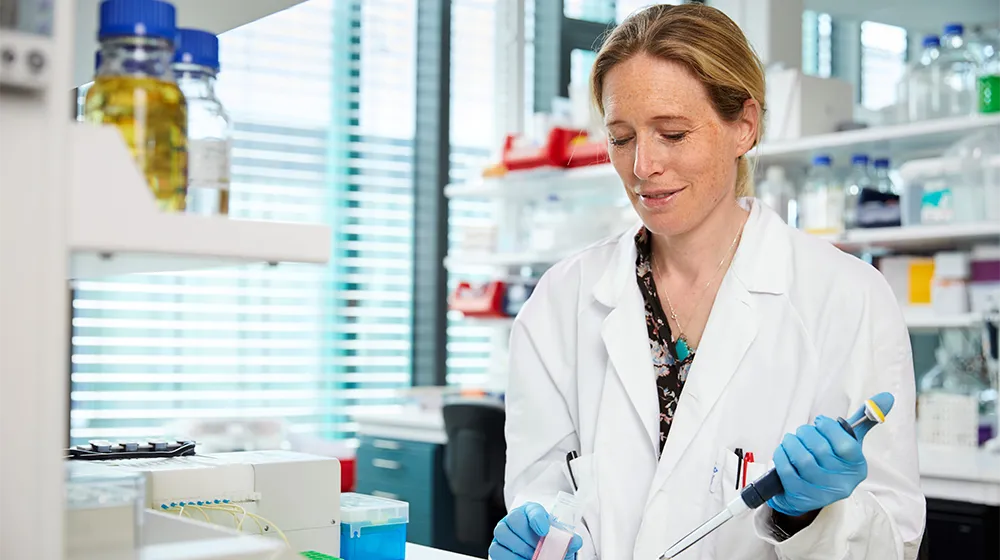IMPreT: In vitro Models for Precision Therapies

The new research initiative IMPreT brings together world-leading expertise at KTH to develop advanced lab-based models that simulate human biology. The researchers’ vision is to become Sweden’s hub for developing and providing in vitro technologies that benefit both clinical practice and industry.
“These models are used to support precision medicine and pharmaceutical research by offering more accurate, human-relevant systems for studying diseases and developing new treatments,” says Inês Pinto, KTH researcher and project coordinator for IMPreT.
Human-relevant in vitro models are simplified, lab-based systems that are created using human cells designed to replicate the structure, function, and environment of the human body as closely as possible.
“To put it simply, they can be thought of as miniaturized versions of human organs (or parts of them) that scientists can study up close. For example, we can build miniature models of specific diseases, like a tumor from a particular patient. These models represent a valuable tool for studying human diseases or testing new drugs in a controlled environment without relying on animal testing, while producing results that are more directly applicable to humans,” Professor Anna Herland says.
IMPreT stands for In vitro Models for Precision Therapies. The initiative was started by a group of leading researchers at KTH, led by Professor Herland. These models are crucial for translating large-scale biological data into meaningful insights for real-world therapeutic solutions. By starting IMPreT, the team also seeks to foster deeper collaboration between academia, industry, and healthcare providers.
Text: Jon Lindhe ( jlindhe@kth.se )
